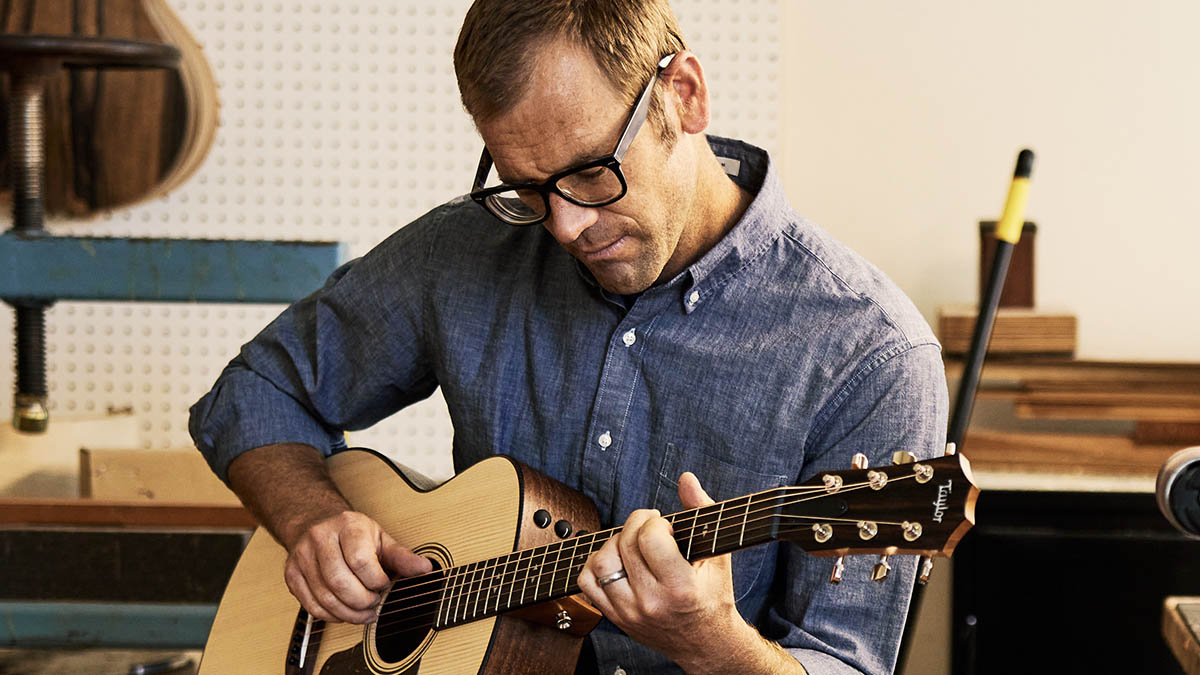Dave Mustaine, Kirk Hammett and an all-star panel explain why Randy Rhoads was one of the greatest guitar players of all time
Forty years on from his death, guitar luminaries remember Randy Rhoads, a player Zakk Wylde believes should be held in the same esteem as Bach or Mozart
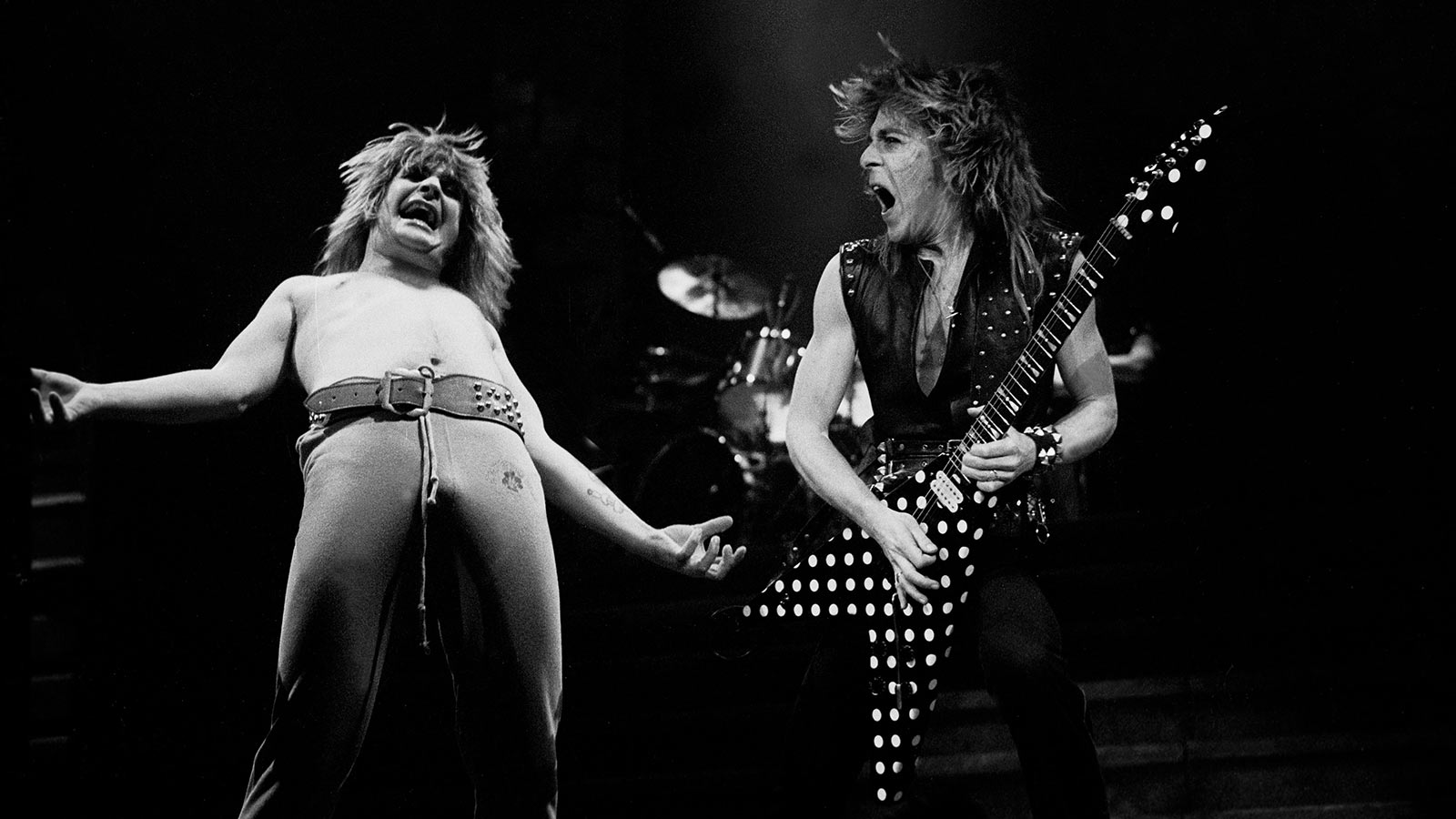
Staggering as it may seem, it was 40 years ago that a heart-wrenching tragedy claimed one of rock’s finest guitarists. His name? Randy Rhoads, Ozzy Osbourne’s brilliant guitarist, who was killed in a plane crash in Leesburg, Florida, on March 19, 1982, at age 25.
In the space of a mere two studio albums with Ozzy (and two with Quiet Riot), this diminutive man with a giant talent made a massive, indelible impact on rock that was immediate and profound. Rhoads was a rarity; he was a game-changer in the truest sense of the term.
The fact that four decades later his breathtaking riffs, licks, solos and compositions continue to inspire new generations of rock guitarists speaks volumes as to the enormity of his influence.
I’ve written numerous articles about Rhoads over the past four decades – and I was fortunate enough to meet him in the U.K. in 1981. What was he like, you ask? Humble and charming. I also got to work with Randy’s family on the Marshall 1959RR Randy Rhoads Signature Super Lead 100W Head (2007) and the Jackson Limited Edition Randy Rhoads Tribute Concorde (2010).
I don’t mind admitting that being able to hold Randy’s legendary Concorde guitar as his dear mother, Delores (Dee), taught at her music school in 2009 was, without doubt, a priceless highlight of my life.
I could easily wax lyrical for several pages about Rhoads’ talent. Instead, I’m gonna turn things over to the likes of Zakk Wylde, Kirk Hammett, Nita Strauss, Rudy Sarzo, Tom Morello, Ozzy producer Max Norman, Dave Mustaine, Paul Gilbert, George Lynch, John 5 and many more talented guitarists, as their insightful words are far more interesting than mine.
The question I put to all of them was a simple one. Well, simple to ask, but not necessarily simple to answer: Why – after recording only two studio albums with Ozzy Osbourne – has Rhoads managed to stay relevant and influential a whopping 40 years after his tragic death?
All the latest guitar news, interviews, lessons, reviews, deals and more, direct to your inbox!
Tom Morello
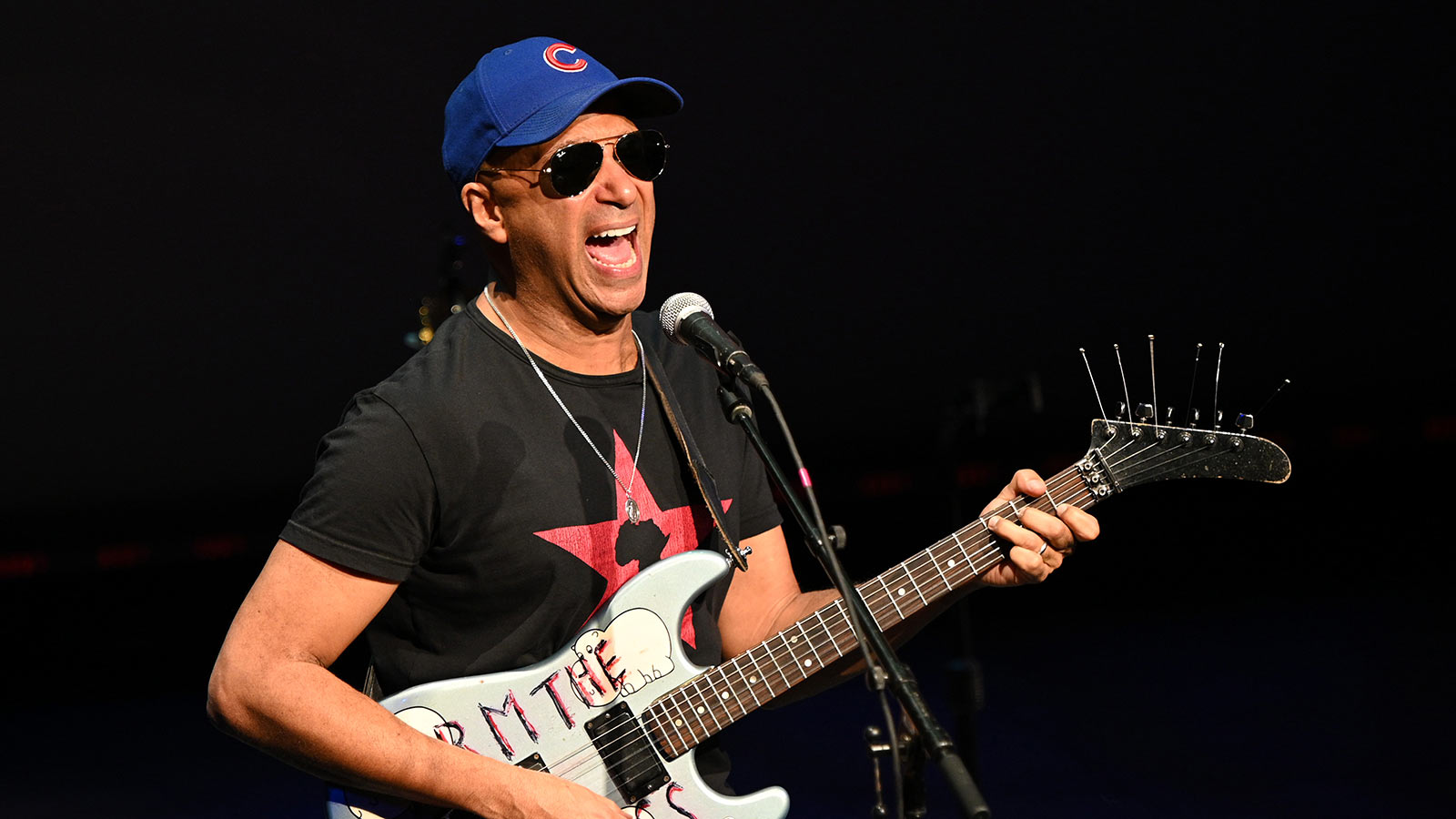
“I think Randy’s small body of work just speaks for itself. The limited videos we have of Randy playing are transcendent. Anyone who picks up a guitar with ambitions of playing rock ’n’ roll – now until forever – is going to be blown away by those Ozzy records and those short video clips. I first heard Randy on a Chicago radio station [that was] debuting Crazy Train.
“I was in the car with friends; I told them all to shut up because I could tell something incredible was coming through the speakers. From the opening riff to the solo, I had no idea what was going on, but I knew I had to find out! I didn’t pick up the guitar until about a year and a half after hearing Randy, but I had a Randy poster on my wall when I was practicing eight hours a day.
The fact that he was a musician first and a rock star second very much appealed to me. I wanted to dedicate myself to the art and craft of playing guitar, and Randy was a huge inspiration
Tom Morello
“The fact that he was a musician first and a rock star second very much appealed to me. I wanted to dedicate myself to the art and craft of playing guitar, and Randy was a huge inspiration in that regard.*
“My son Roman, who’s 10, and my oldest son, Rhoads (who I named after Randy), continue to be in awe of what a special musician he was.”
(*Editor’s Note: Tom is such a huge Randy fan that he lobbied – for many years – the Rock and Roll Hall of Fame to induct the late, great guitarist. Morello’s efforts finally paid off in 2021. Morello gave the inductance speech — with some reverently enthusiastic help from Messrs. Hammett and Wylde. Speaking of whom...)
Kirk Hammett (Metallica)
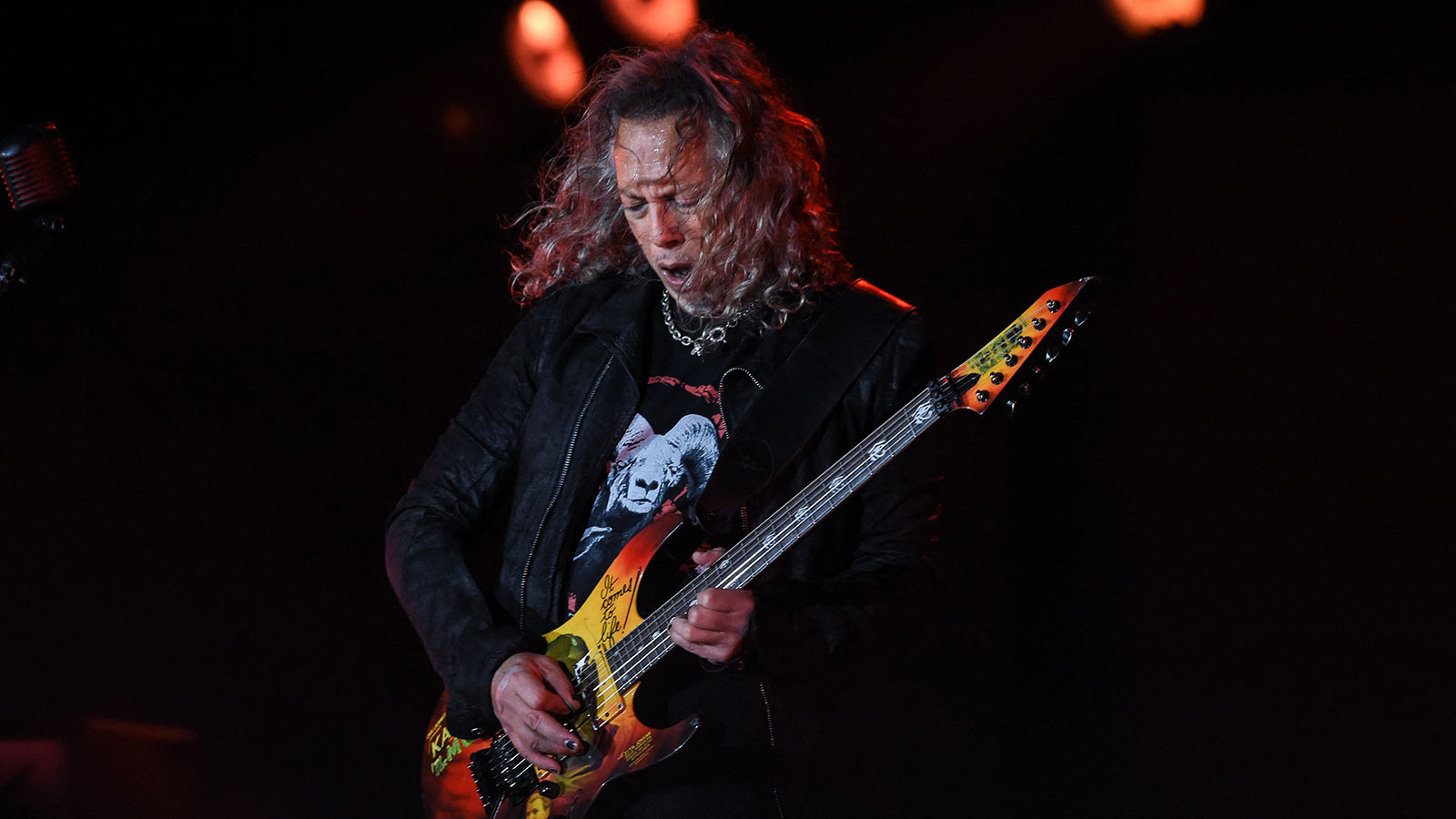
“Randy was more than just a guitar player. He was a lion! He represented the hardworking musician whose dedication to his instrument brought him all the success he deserved without compromising his attitude and vision via his riffs, songs, solos and tone. He also laid down the blueprint that shows us how to follow our own vision as well.”
Zakk Wylde (Black Label Society, Ozzy Osbourne)
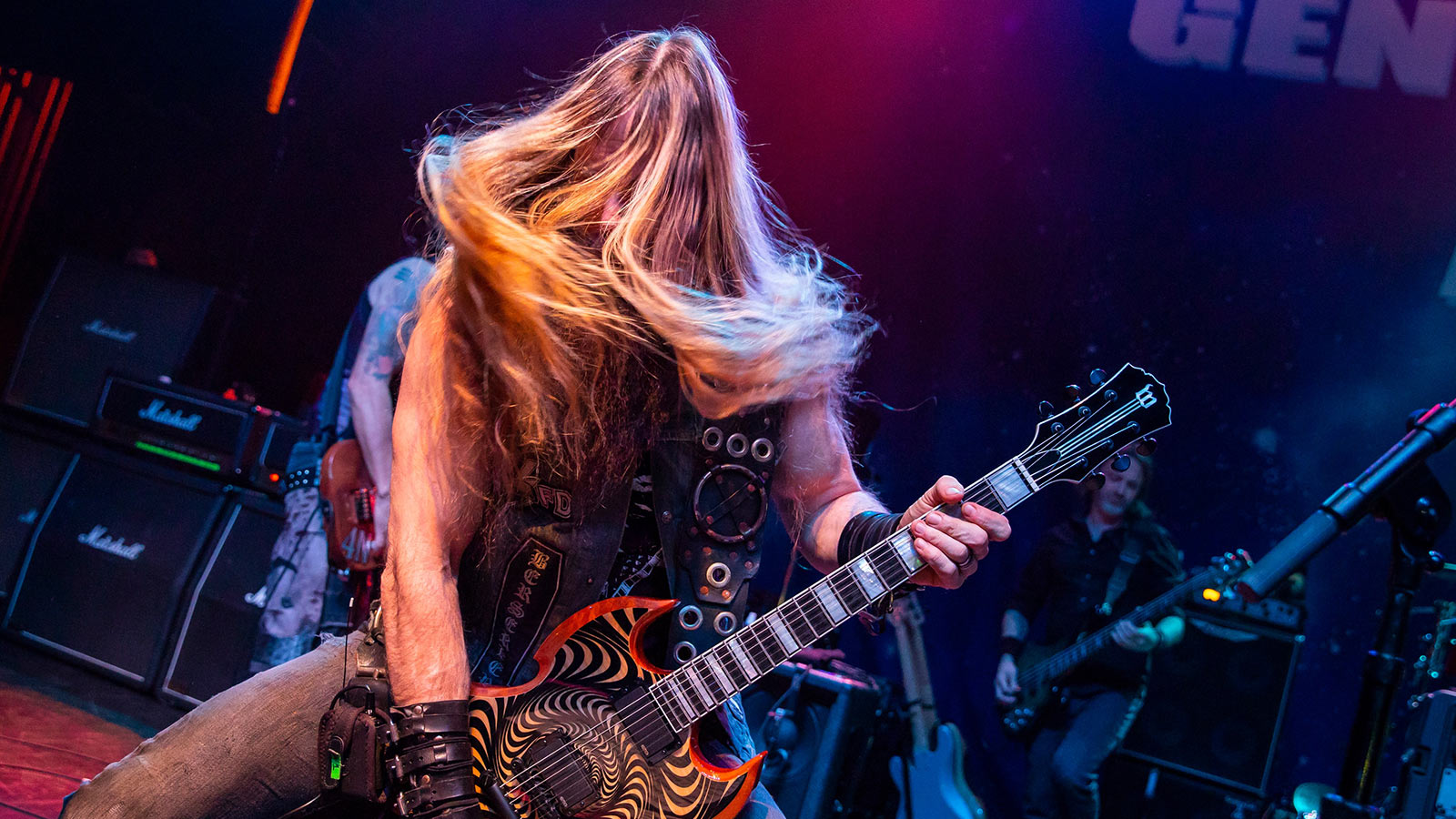
“We’re still talking about Randy today because of his compositions. The reason the music of Bach, Beethoven and Mozart is still being listened to and played at places like the Hollywood Bowl is because of what they wrote, not because it was fast or flashy. That’s why people are still talking about them hundreds of years later.
“Randy’s relevance is the same as Bach’s, Beethoven’s or Mozart’s. It’s just a timeless thing – because it’s good. [Laughs] Just like the Eagles, Led Zeppelin and Black Sabbath, there’s no ‘best before date’. It’s timeless. And it’s pretty mind-blowing that Randy was so young and creating such incredibly mature stuff. God bless him.
Randy’s relevance is the same as Bach’s, Beethoven’s or Mozart’s
Zakk Wylde
“If he’d never passed away and just quit rock music [instead], the impact of those two Ozzy records would be just as devastating. We’d still be celebrating them today, saying, ‘Oh man, I hope Randy goes back to playing heavy again one day.’
“I think those two albums were like a blueprint, just like when Henry Ford built the first car and now all cars are derivatives of that car. Between Eddie and Randy, there was a changing of the guard. You had pointy guitars, guitars with paint jobs – like stripes and polka- dots, all types of stuff. It was a new culture; a new breed of player, and Randy was at the forefront.”
Richie Faulkner (Judas Priest)
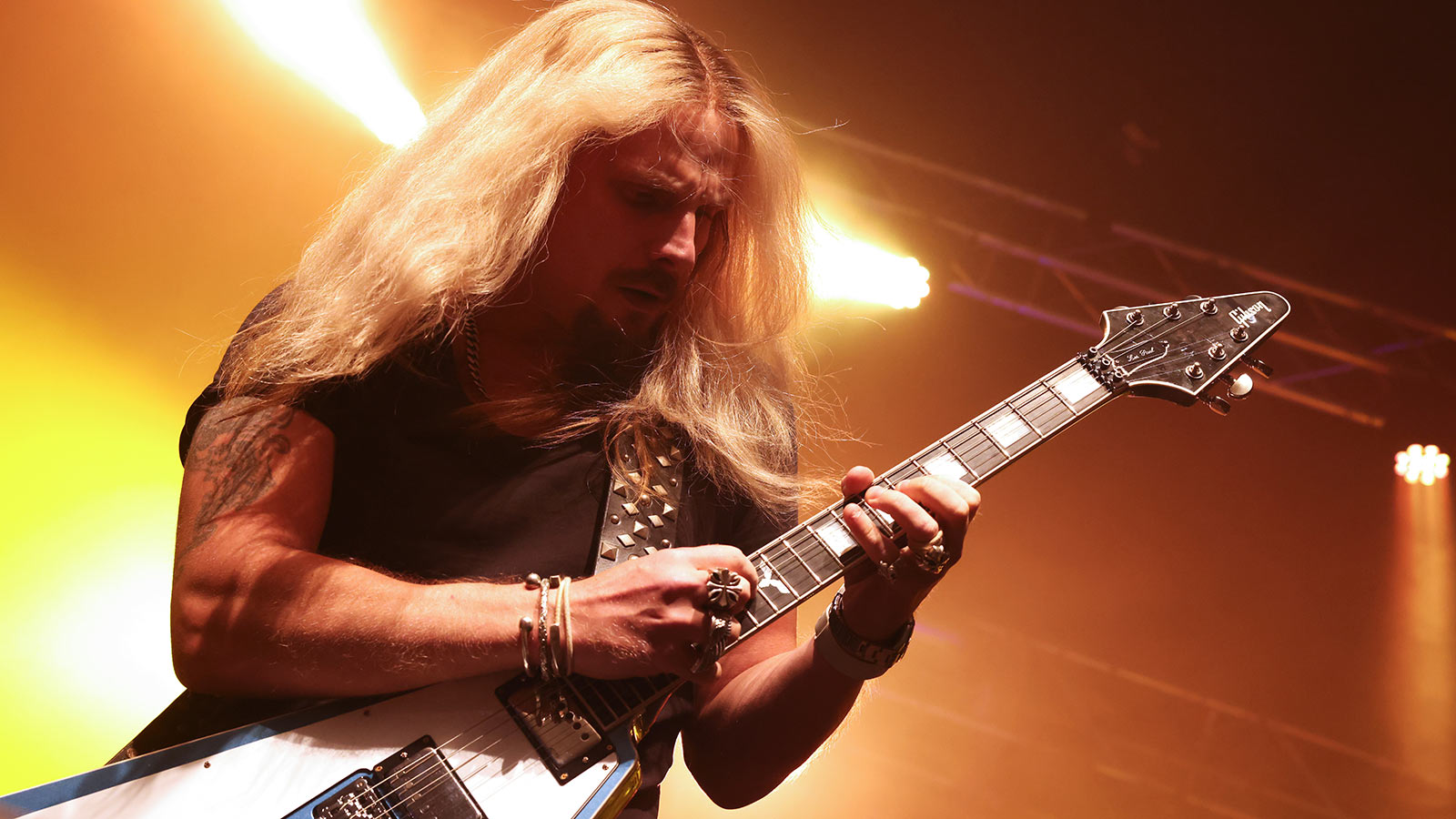
“There’s a lot to learn from Mr. Rhoads, whatever generation you’re from. From his classically infused, unorthodox scales and note choices to the balls-out catchy, heavy-rock riffs and fantastic songwriting, he’ll never fail to inspire.
“Randy was and still is a pioneer of heavy rock guitar, and I think he will continue to be an inspiration and an influence to generations of guitarists for many years to come.”
Phil X (Bon Jovi, The Drills)
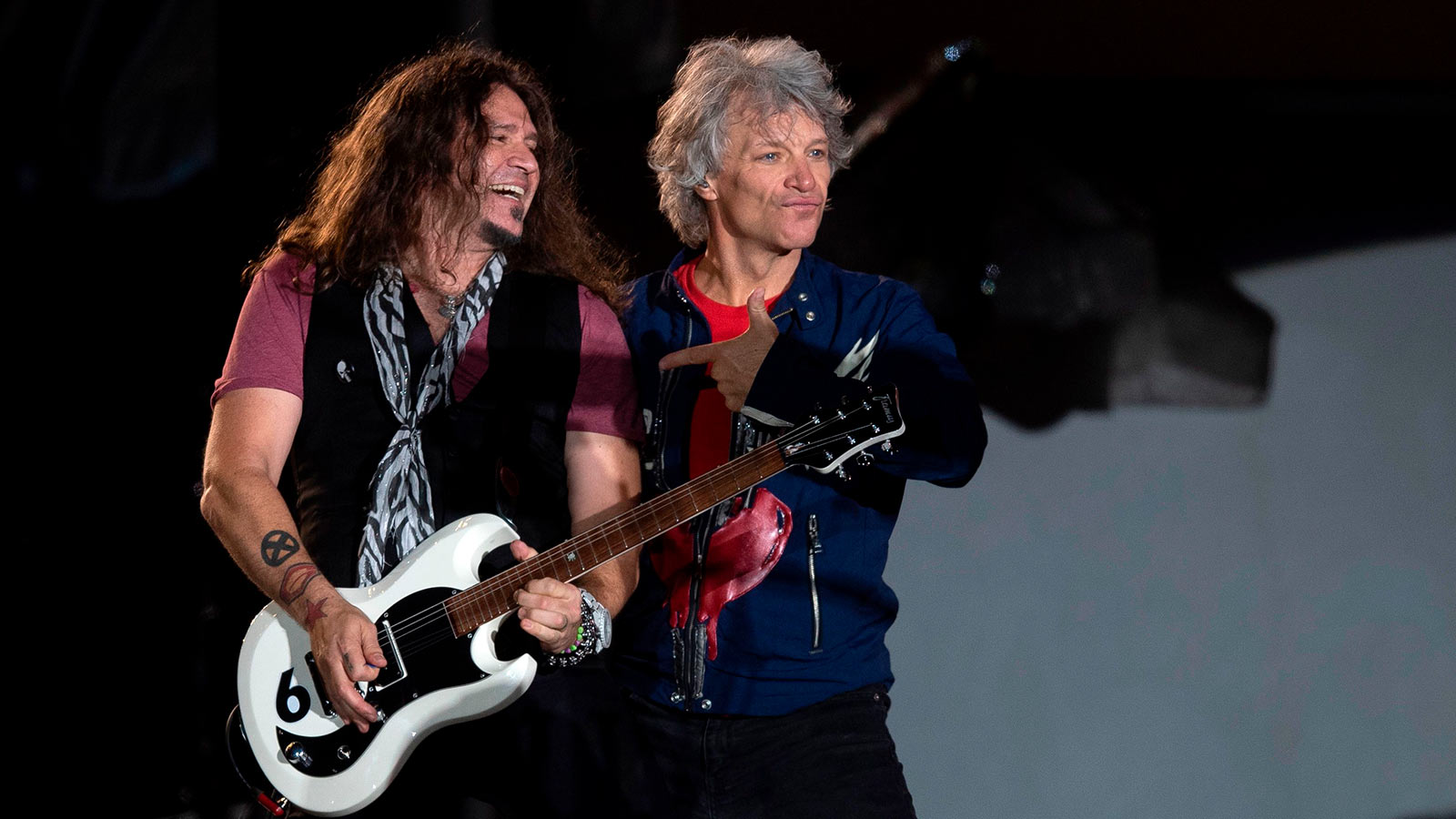
“The main reason guitar players stay inspirational and relevant for decades is that they stand out from the herd.
“Why do you think kids start playing guitar and want to learn Crazy Train? It’s got teeth. From the tone to the licks to the solo, it’s unbridled energy ripping into your face with a guitar. That’s infectious and powerful. That’s Randy Rhoads.”
Paul Gilbert
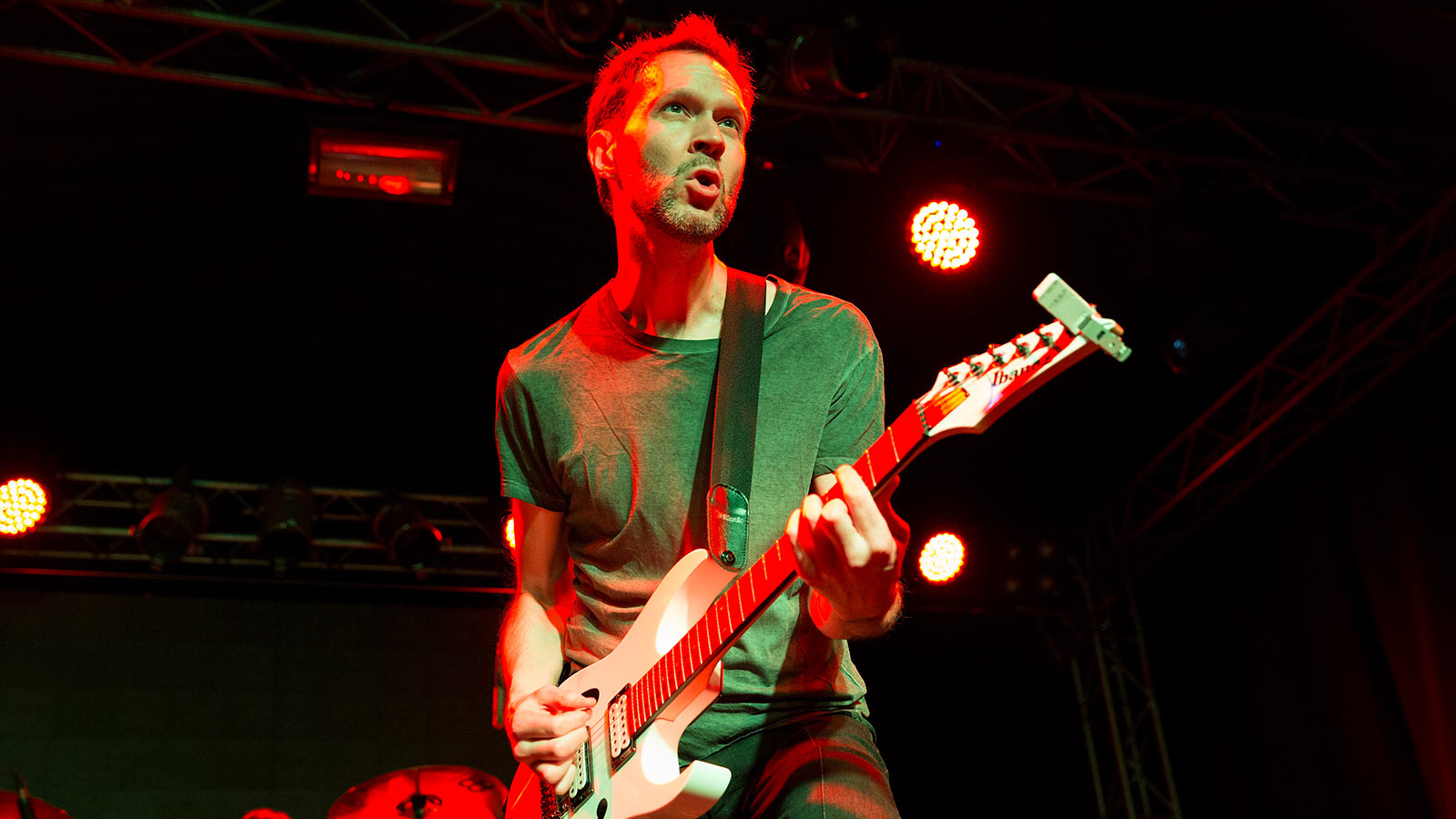
“He brought a classical influence and heavy metal guitar together in a really melodic way. He would include elements that were musically sophisticated and daring. He also rocked, and he never sounded too ‘prog.’
“If that’s not enough, he wrote Crazy Train! What a riff! Every guitar player wants to get their fingers into that one. And that’s just the simple one. Long live Randy!”
Max Norman (Producer, Blizzard of Ozz, Diary of a Madman and Tribute)
“Randy was an old-school player who had the ability to balance taste, speed, agility and feel to create something better than 100 percent. There’s a lot of expression and a lot of emotion in his playing, and those qualities are essential because they make all the difference.
“That’s why someone else could play the exact same thing and it would sound totally different – like something is missing. Randy had the musicality inside him that would enable him to play these things correctly and drag you into them. He always played with enthusiasm and a sense of occasion, tact and fire. He never phoned it in.
“Randy just seems to leapfrog the generations. People hear him and realize he’s a truly great guitar player as opposed to just a technical monstrosity – and that’s what sets him apart from a lot of the modern players.
“There’s a million YouTube players who are astonishingly technically good, but they leave me cold. I look at them and go, “How lovely and fast you are!” Randy wasn’t interested in how fast it was. He’d play slow if he felt that’s the right place to go; he knew when to leave holes and gaps, when to have a long note, when to have a short note.
“He didn’t over play. He played with taste and musicality. That’s what music is about; otherwise it’s not really music, it’s just some form of exercise. It might be impressively hyper-accurate, but it leaves me cold.”
Nita Strauss (Alice Cooper, solo)

“Randy was not afraid to meld different genres and playing styles. He also processed some incredible shredding techniques but realized it wasn’t lame to do a beautiful acoustic piece as well. He was fearlessly, unapologetically and joyfully himself as an artist. I think that’s something to look up to, and also something that will never get old.”
Alex Skolnick (Testament)
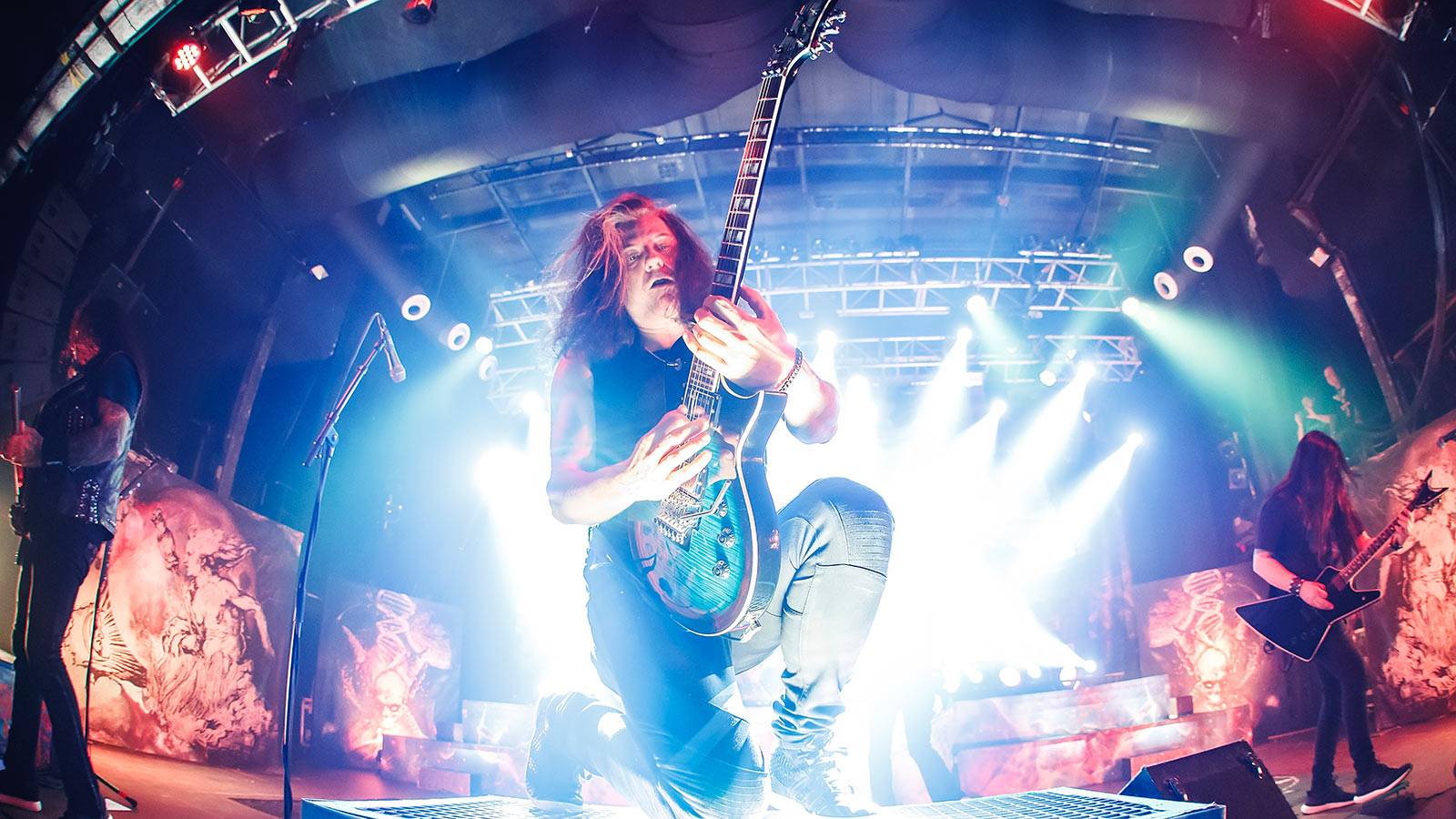
“Randy seemed like someone who was very genuine as a person and devoted as a musician. He was a refreshing break from the type who’d destroy hotel rooms and engage in other anti-social behavior. He studied with classical guitar teachers while on tour and planned to eventually return to school to study music at a higher level.
“He was the catalyst for my own decision to become a university-educated musician – although it was jazz in my case. He brought to heavy metal a much-needed dose of class and dignity, despite being in a band with Ozzy, someone who was as famous for his shocking behavior off-stage as for his voice onstage.
“Most importantly, he raised the level of guitar playing in hard rock to a new standard. He was one of those rare artists who helped turn the page to the next chapter. With very few exceptions – EVH most notably – he was someone who represented where rock guitar had been, where it was at the moment and where it was headed. And he did so without any gimmicks, bells or whistles, just pure artistry.
“The music Randy made with Ozzy on the two studio albums, as well as Tribute and any other live recordings, changed the game completely. Even though he was just hitting his stride, the few recordings that exist were enough to make him one the giants of electric guitar, then and now.
“He managed to find his own modern tone and two-handed techniques, building off what EVH had popularized, but without sounding like an imitator. He did this while presenting a deep knowledge of classical guitar and composition that was extremely rare in rock. Had he continued and pursued his studies, one can only imagine the heights he might have reached.
“While he may not have been the first to merge hard rock and classical ideas, Randy was able to capture the baroque moods of centuries past with a searing tone that sounded straight from the future. In other words, Randy Rhoads was timeless.”
Courtney Cox (The Iron Maidens)

“The music business is probably one of the most stressful, soul-crushing, anxiety-filled careers one can go into, but you have people like Randy who entirely enjoyed his craft and lived it.
“The one solid thing about music is that it doesn’t lie. With my current time on this earth, only certain players stick out because of the passion that bleeds from them.
“Anyone can play guitar or any instrument, but it takes a certain soul to live it as Randy did in his years, and still does in those songs. He may be gone physically, but he lives on every time you put those albums on. He is with us always.”
Phil Demmel (Vio-lence)
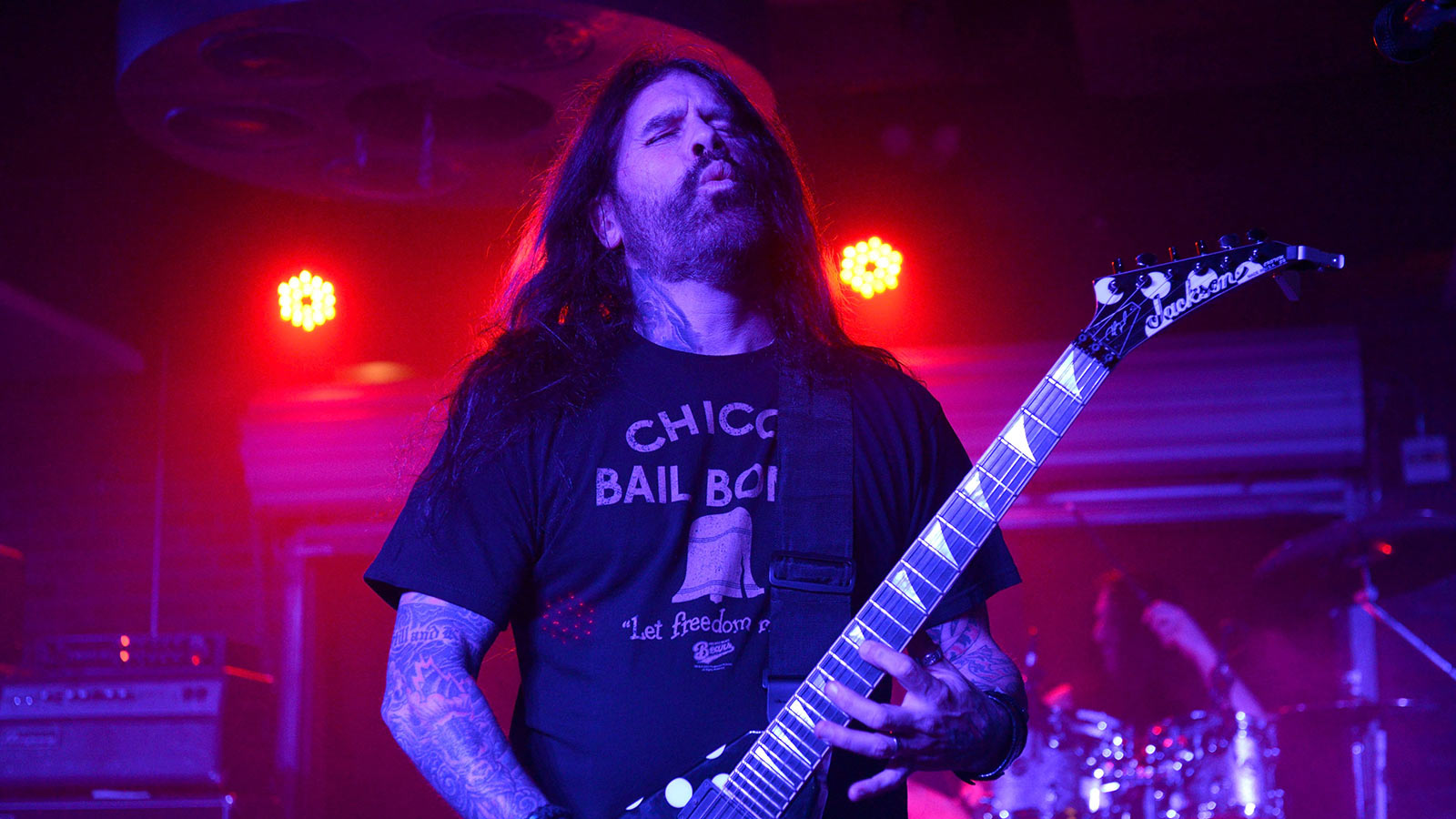
“It’s a multitude of things. My first concert ever was the 1981 Day on the Green show in Oakland. Ozzy came on at 10 a.m., and Randy played with such conviction that you believed and felt every note he played.
“There are very few artists who can convey that to me, especially at the impressionable age of 14. He was super concise, and you felt these genuine emotions coming from him. That’s what I wanted to do – to have that conviction. Honesty is a big deal with me, so being able to feel that from him was really special.
“Plus, this dude was hunting down teachers on his days off, because he wanted to go learn! He was always looking to be better; he had this drive – and people are drawn to that kind of dedication because they want it too.
“I think all of this, along with the dramatically tragic way in which he left us so young, melds into his deserved, legendary, timeless status. And it’s not a myth. It’s real – it happened.”
Jared James Nichols
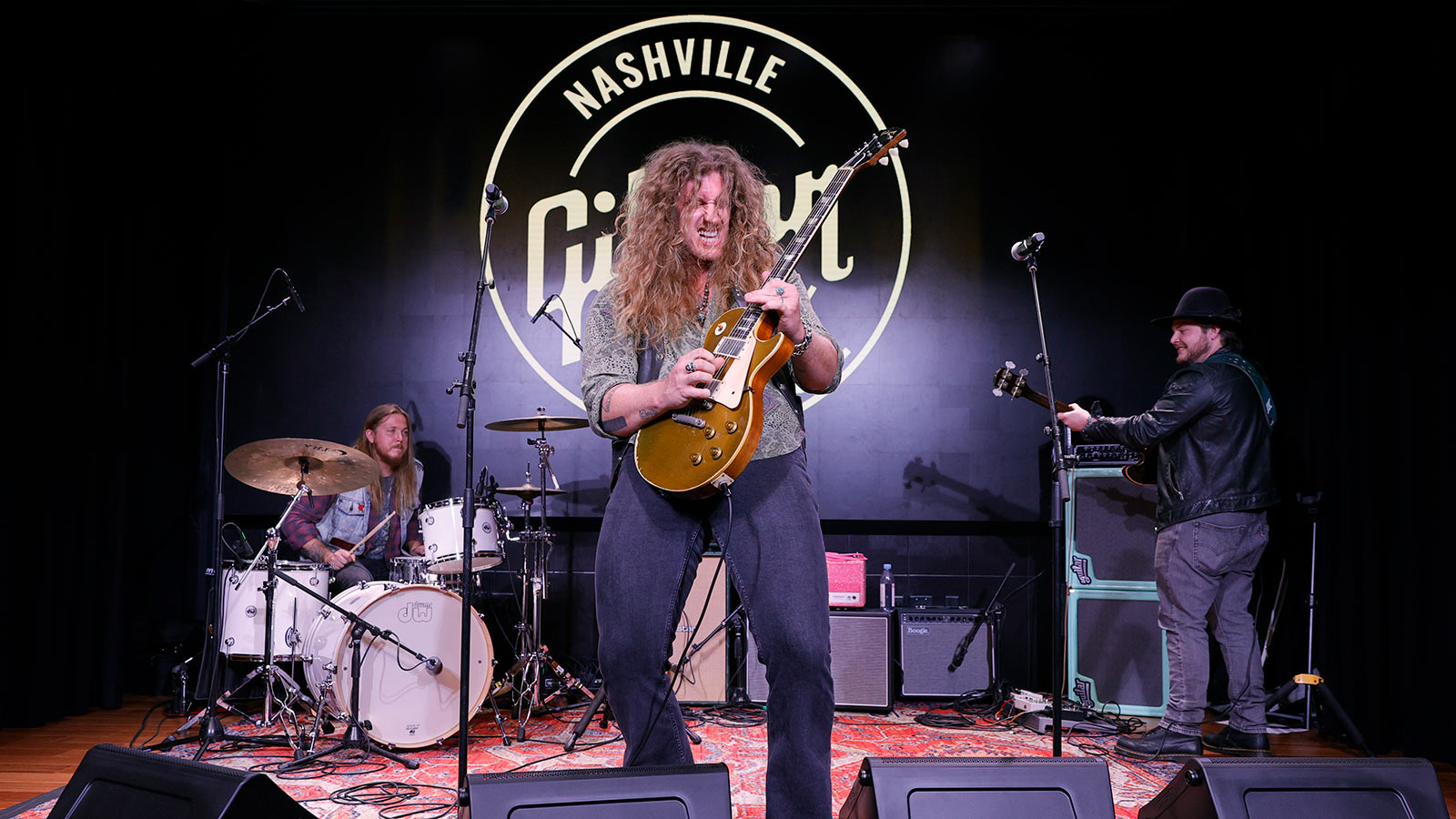
“The humanity in his playing is inspiring on so many levels. Tone, touch, precision – Randy had it all. When I hear him play, I hear his personality, I hear excitement. You can tell he is fully into it.
“Not only did he have monster chops and endless songwriting talent; he made you feel happy when he played. Every solo is like a rollercoaster. Players of all skills and styles can draw from Randy’s musicality and find inspiration.
“Whether you’re just starting out and want to learn riffs or you’re trying to break out of a rut using some of his improvisation techniques; or are looking to incorporate different genres into your style; Randy and his playing are timeless.”
Rudy Sarzo
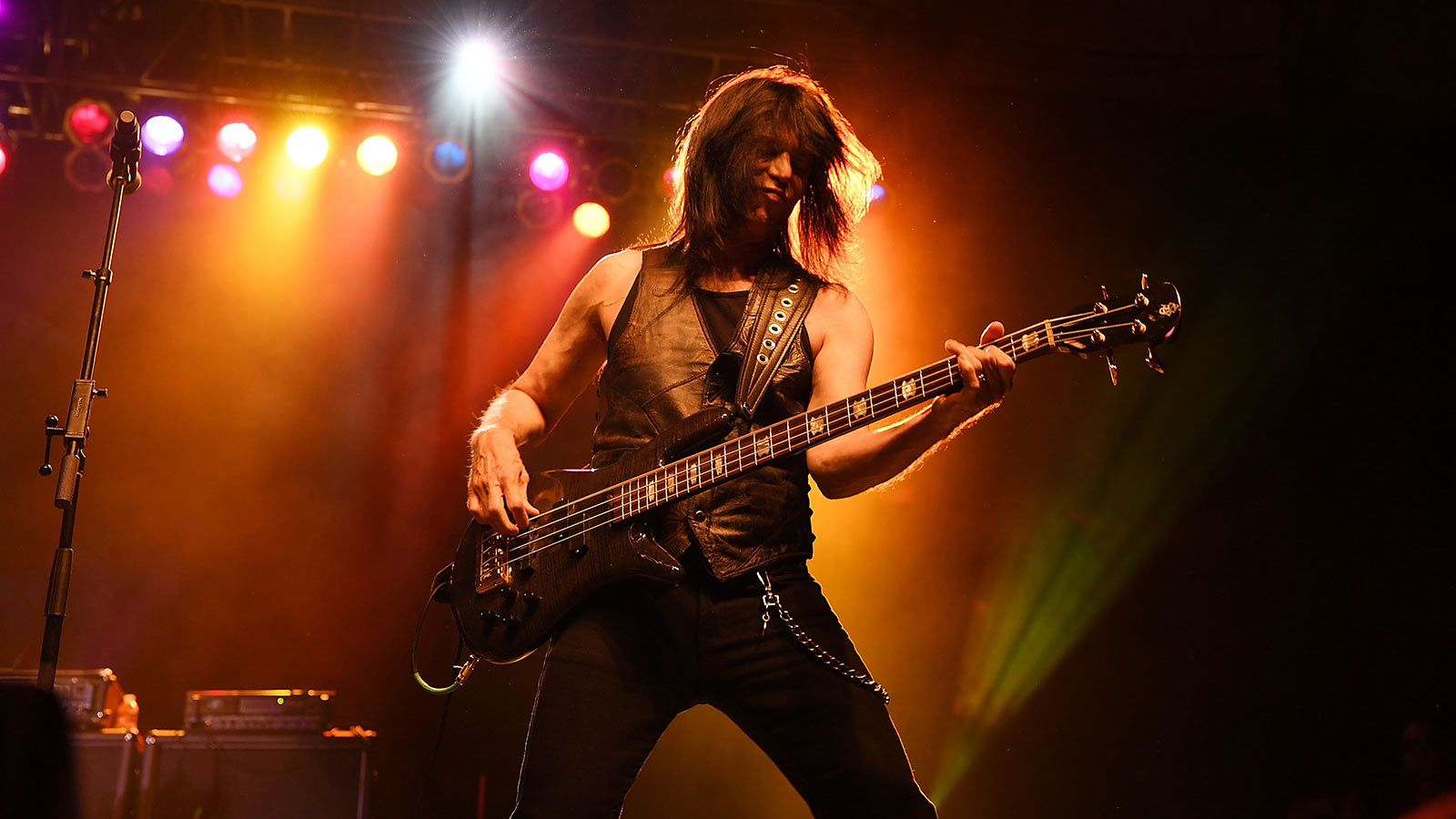
“The purity of his playing and compositions. And, of course, Randy’s passion and creativity. For those reasons, people will still be talking about him 100 years from now. He is a life-changing experience. I always find something new and interesting every time I listen to those Ozzy records, even now.
“As a matter of fact, I’ve been listening to Tribute a lot lately, and I’m like, ‘Wow!’ He played with so much fire, finesse and articulation. There’s no bum notes, no mistakes. And that was just another night of Randy playing live with Ozzy.
“The only difference was, every night he was better than the night before. That said, the consistency of the quality of his playing remained the same from night to night.”
Dave Mustaine (Megadeth)
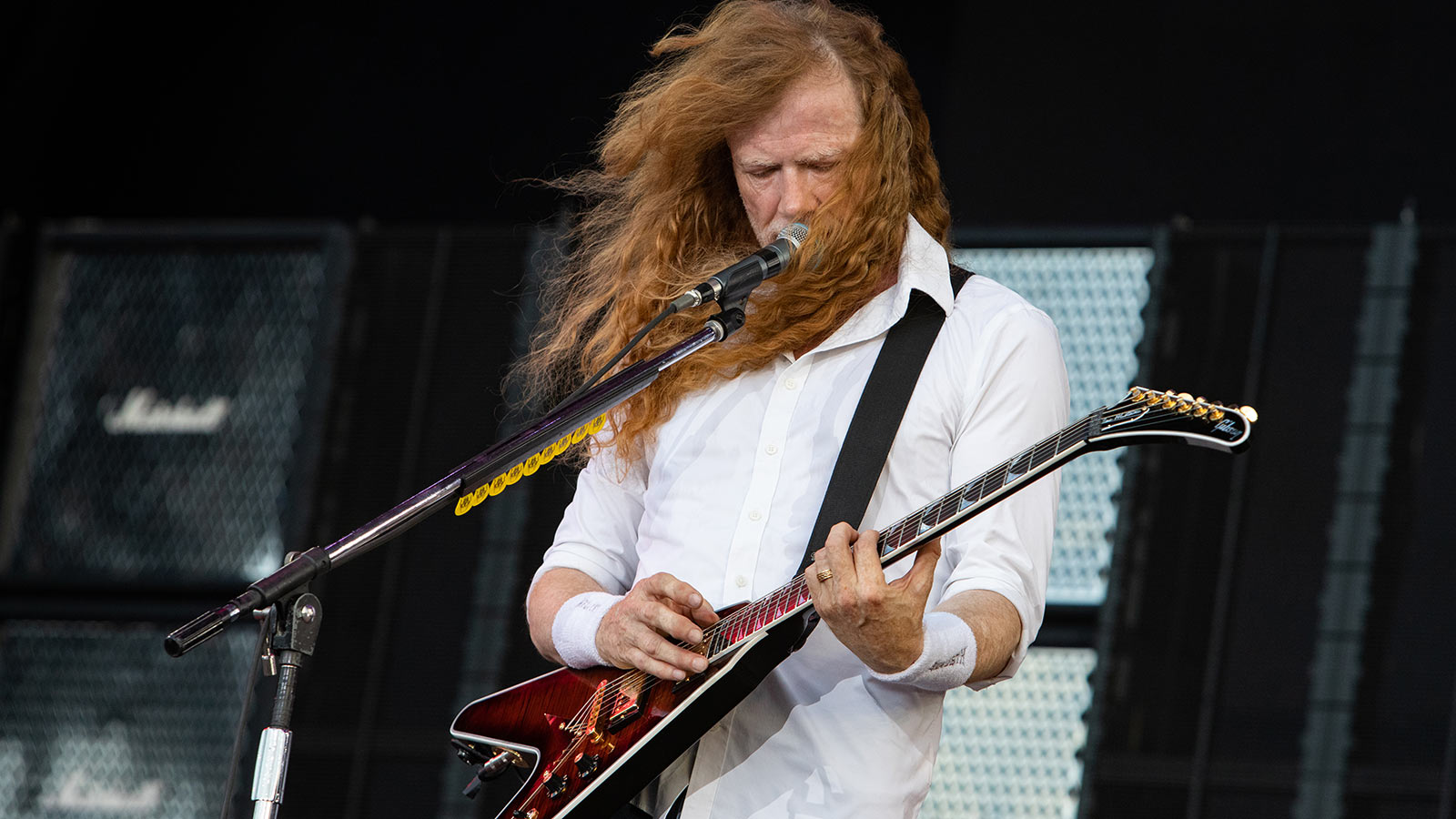
“You are either a follower or you are not. Randy was not. He was an innovator, a creator, and [the] Blizzard of Ozz band was not another cheap knock-off of a popular band. They were destined to be the biggest band in the world. It seemed like nothing was going to stop them. That was until the fateful date when tragedy struck.”
Mark Morton (Lamb of God)
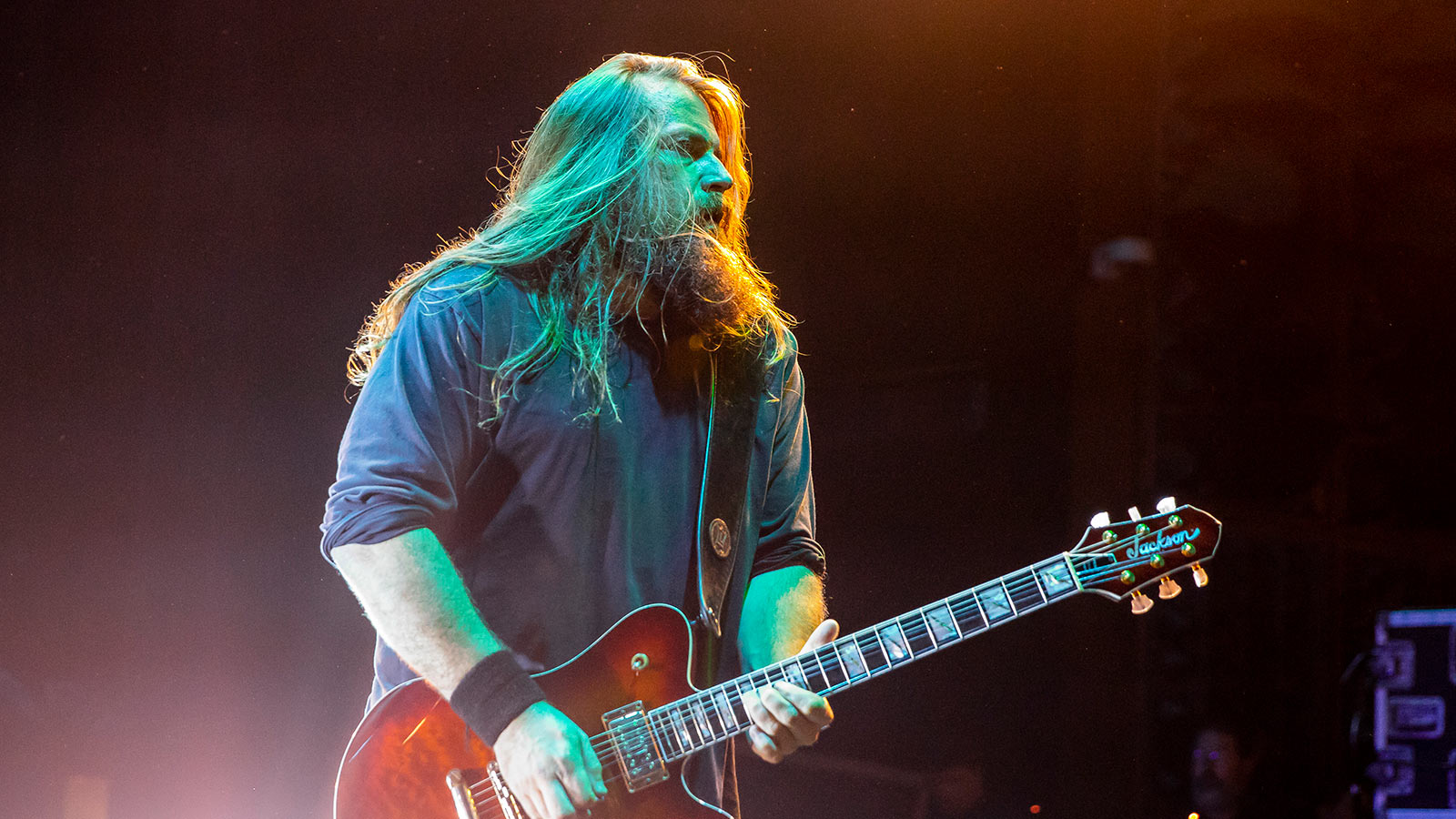
“When Randy passed at 25 years old, he was just getting started. He was cut short. Yet in that short time he very much defined what the modern heavy metal guitar player’s role would be – as a songwriter, a soloist, the importance of the riff, his presence on stage, the angular guitars, his cool look. All that stuff had a lasting impact, and it’s been captured in time forever.
“And then, we could just talk about Crazy Train! We’ve all heard it a million times, and that riff is probably one of the first that comes to mind when you think of a metal riff. It has the same relevance as Smoke On The Water – it’s the metal riff.
“The legacy of that alone is eternal, and he was very young when he wrote it. That’s why I think he’s still so relevant and still so captivating, both as a player and as a person.”
George Lynch
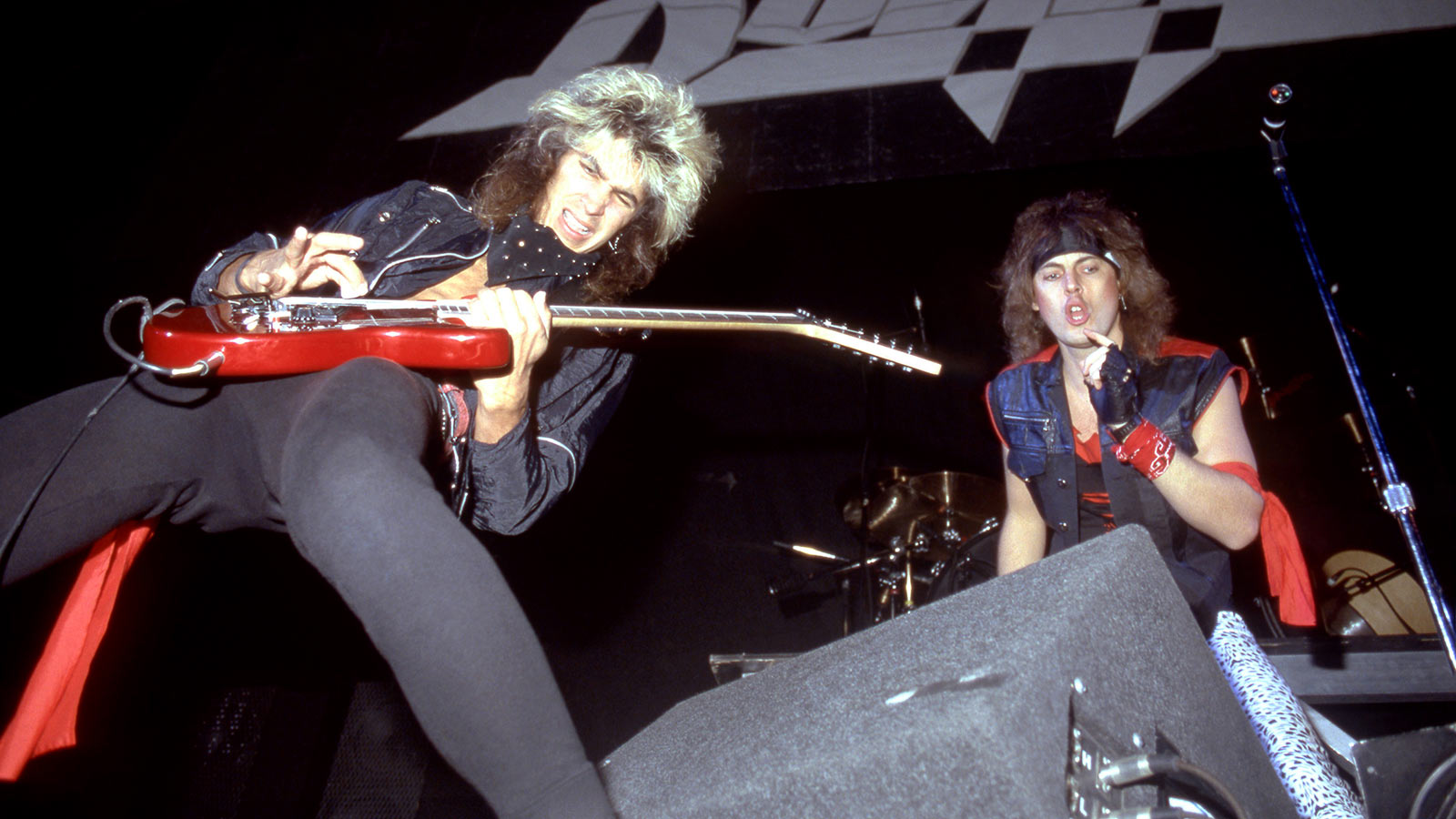
“Putting Randy with Ozzy allowed him to live up to his full potential, which was incredibly deep. Also, a lot of what Randy did was classically based, and classical music is timeless; it’s eons old – it’s not a fad!
“Those changes, those scales and everything else he used so well are just wonderful ways of translating human emotions that work over time, irrespective of the particular culture or particular era. It’s this transcendent way of communicating – and, just like the blues, none of those things are going away. Now ‘80s music, on the other hand... [Laughs]”
Doug Aldrich (The Dead Daisies)
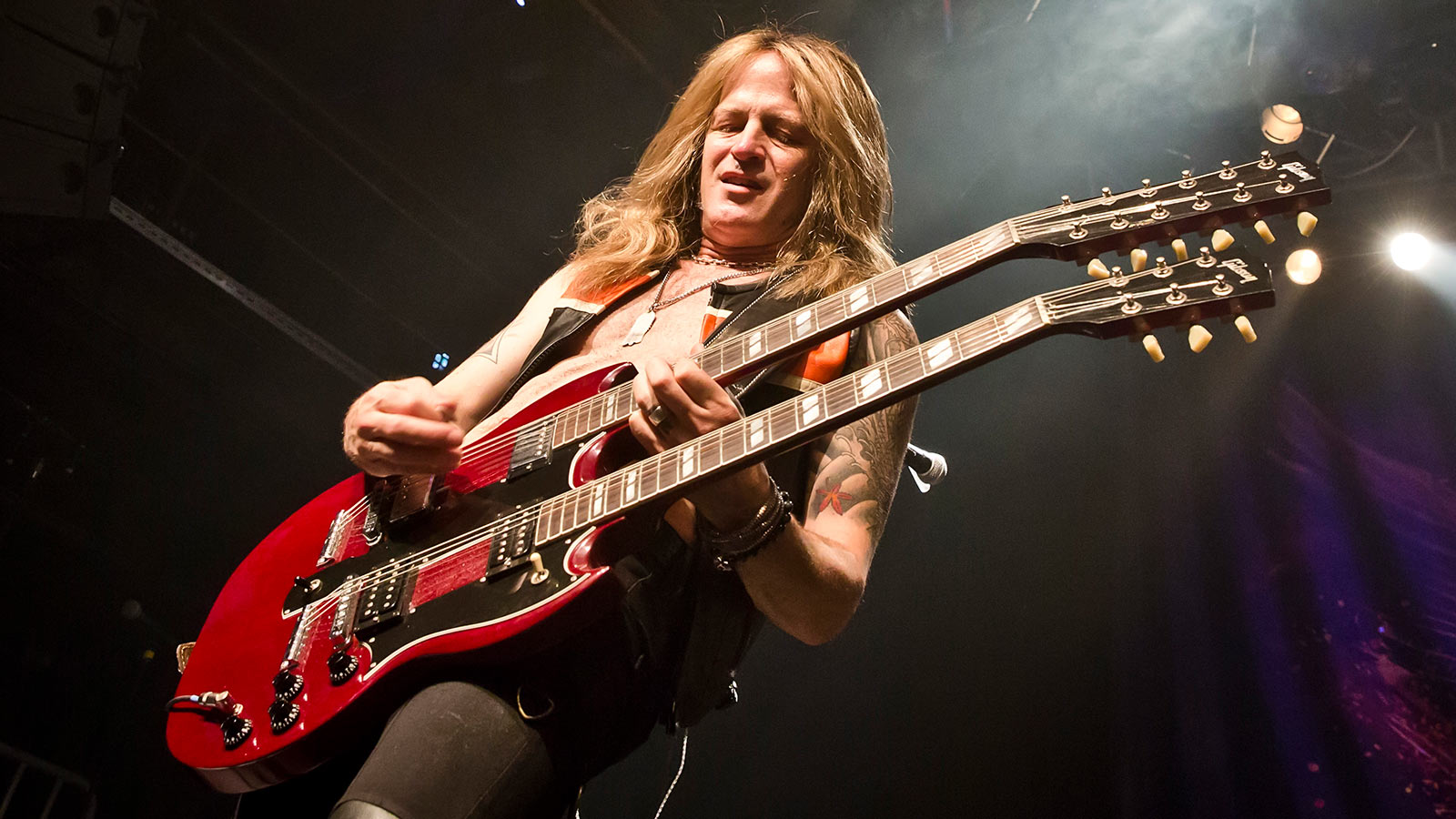
“It’s because nobody plays like Randy. He was very unique in the way he played and composed. The two albums with Ozzy are masterpieces, and he made the most of every moment on both.
“There are many great players who were influenced by him, but there’s only one Randy – that’s it, man. People are going to continue to be inspired by him in the same way they’re inspired by Hendrix and all the other greats who’ve passed on.
“We’ve all missed out on 40 years of whatever Randy would have created, and you can’t help but wonder what he would have done as he was still rising. But, as we can’t get any more music from Randy, let’s really dig deep and figure out how he did what he did, and why it is so great.”
John 5 (Rob Zombie, John 5 and The Creatures)
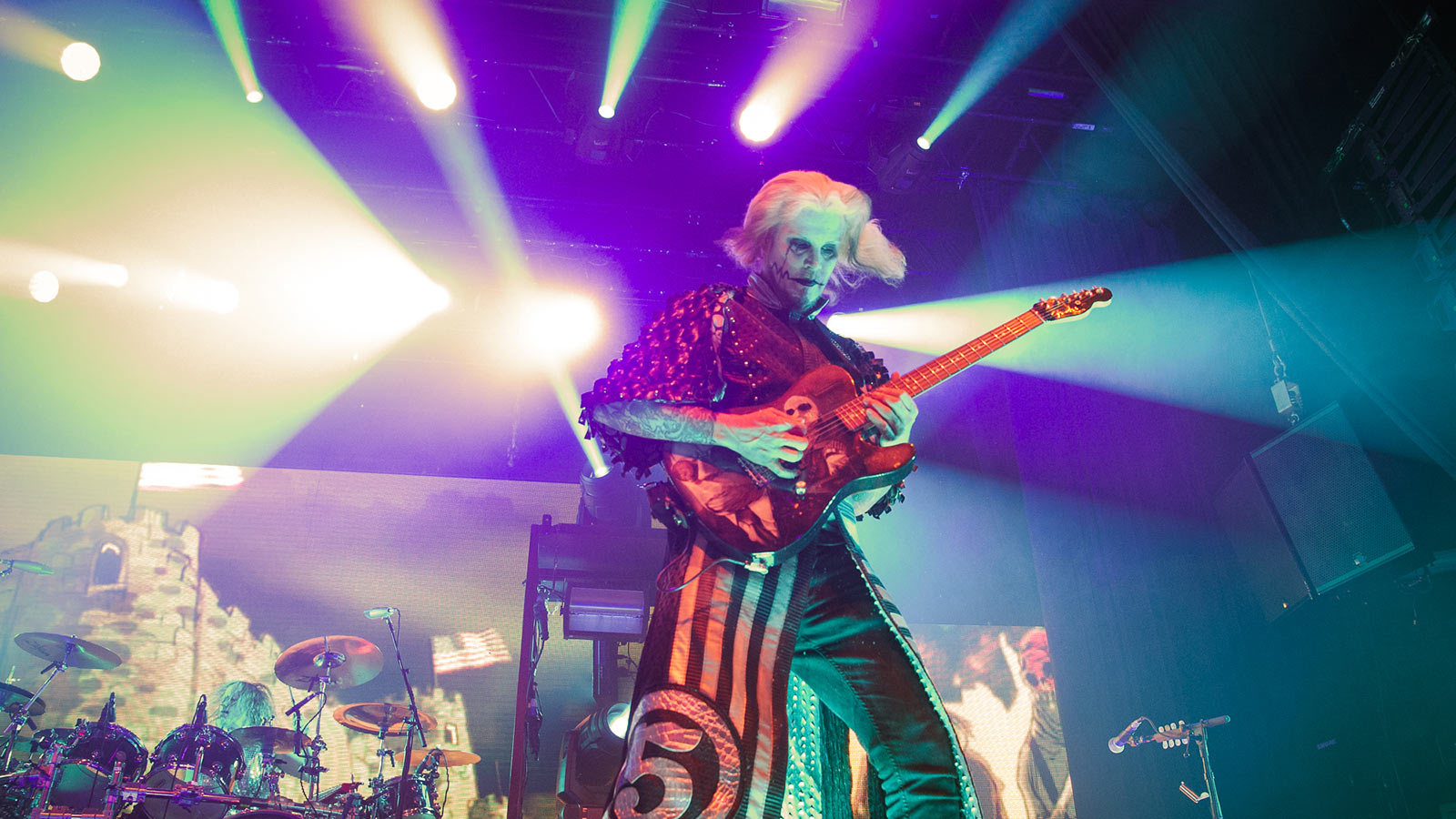
“People will still be talking about Randy Rhoads on the 100th anniversary of his passing. That’s just how it is; it’s never going to go away because it’s incredibly rare to have someone who is so very, very special – like a Jimi Hendrix, an Eddie Van Halen... or a Randy Rhoads. They have an energy people gravitate toward.
“You can count rare talents like Randy on one hand, and what makes them so special is almost impossible to describe. It’s like trying to describe a color. You can’t really do it. And that’s what we’re trying to do here!”


